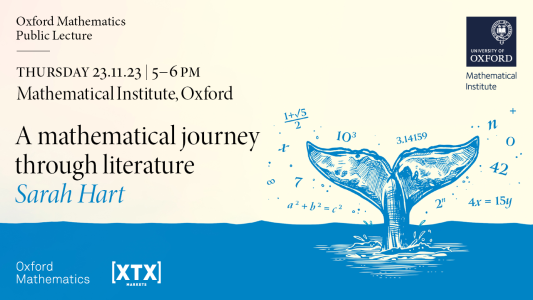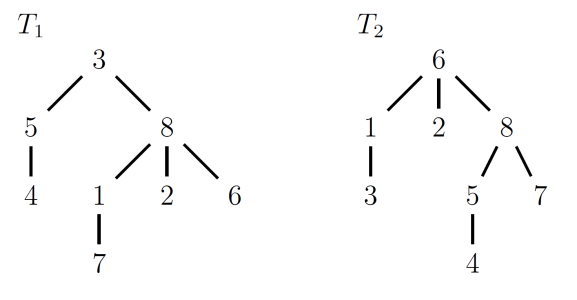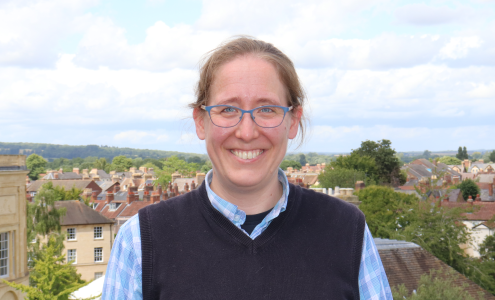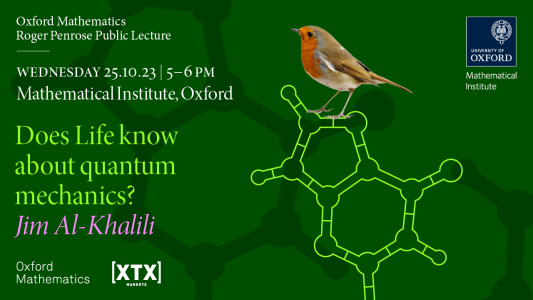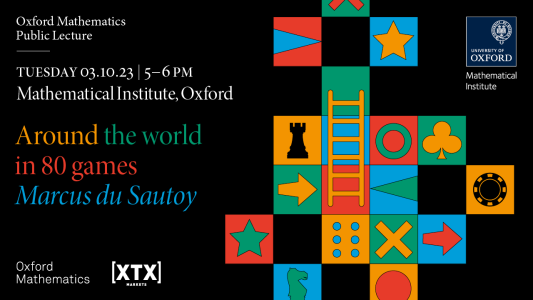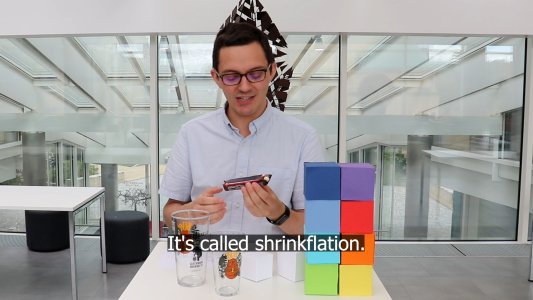The delivery of this year’s Mathematics Admissions Test (MAT) has caused widespread distress and difficulties, most especially for the candidates themselves. The Oxford Mathematical Institute would like to apologise for this distress, and assure everyone that our priority is to ensure that no one is disadvantaged during the admissions process. We would also like to thank everyone who has provided feedback so far, whether via the special consideration forms or via email and social media.
We have decided on the following steps:
The Mathematical Institute will offer an additional test to candidates who submit a special consideration form after experiencing disruption when taking the MAT on 19 October, whether they applied to Oxford, Imperial or Warwick Universities.
The additional test will be optional; candidates are not required to take it if they are happy with how the MAT went for them on 19 October. For candidates who suffered disruption and wish to take the additional test, that test will supplement the information we already have.
On the 3 November, we will send out invitations for the additional test to all candidates who submitted a special consideration form, or who are identified as having experienced disruption, as well as to test centres where that disruption took place. We recognise that some candidates may not have access to information via schools or centres - we are doing all we can to identify them.
The invitation will ask candidates to complete a simple form to register (by noon on Friday 10 November) for the optional additional test which will take place on Tuesday 14 November at 09:00 GMT. (Candidates in the USA for whom 09:00 will not work will be identified and contacted separately).
The additional test will comprise ten multiple-choice questions in the style of (and with the syllabus of) MAT Q1, and candidates will have one hour to complete the test.
Where possible, we would like the additional test to be hosted by schools or colleges; where necessary, remote invigilation will be arranged at home. The additional test will be made available to test centres (or candidates taking the test at home) for printing just before the start of the test on 14 November. The additional test will be administered entirely by the University.
The Mathematical Institute is marking the MAT test as normal. The majority of candidates experienced no disruption – we do not want to disadvantage those candidates. College tutors (who are responsible for shortlisting) will have access to a candidate’s UCAS form, the results of the MAT test taken on 19 October, and the results of the additional test, if taken, as well special consideration forms. Tutors will take all this information into consideration when deciding whether to shortlist a candidate. Oxford Mathematics will liaise closely with colleges to manage the situation.
Once again, we apologise for all the disruption. We are doing all we can to make sure all candidates have an opportunity to display their full potential, and no one is disadvantaged.


